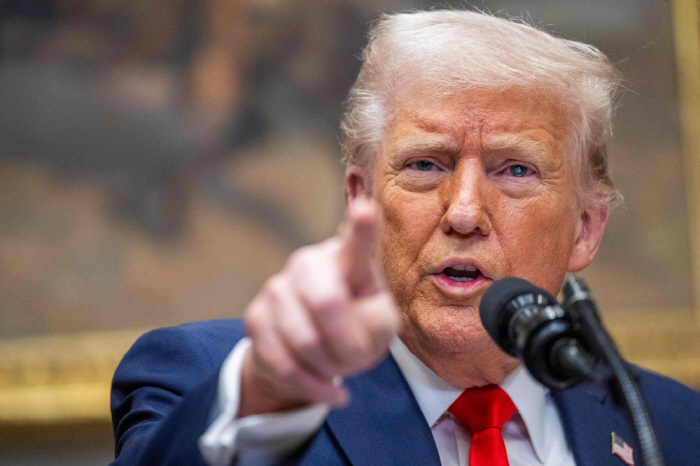Trump, Iran, Myanmar, and 12 other countries are banned from entering the U.S. altogether...7 Countries Restrict Visa Issuance
Jun 05, 2025
|
According to the New York Times and other U.S. media, President Trump announced a decree on the 4th (local time) banning citizens from 12 countries, including Afghanistan, Myanmar, Chad, the Republic of Congo, Equatorial Guinea, Eritrea, Haiti, Iran, Libya, Somalia, Sudan, and Yemen. The entry ban will take effect on the 9th.
In addition, seven countries, including Burundi, Cuba, Laos, Sierra Leone, Togo, Turkmenistan, and Venezuela, have imposed restrictions on tourism and student visas, although not a complete ban. There is also the possibility that the list of countries subject to entry bans may be modified or added.
In announcing the decree, President Trump emphasized the need to strengthen foreign immigration screening in the United States, referring to the recent terrorist attack in Boulder, Colorado. Earlier, several people were injured when a man threw a firebomb near the site of a pro-Israel (親) event held in Boulder, Colorado on the 1st.
He said in a White House announcement video that `the terrorist attack in Boulder shows that the entry of foreigners without proper screening could pose extreme danger to our country.' `We don't want them.' However, Russia, Egypt, and North Korea were not included in the list of countries prohibited from traveling.
Regarding the restriction on entry measures, some analysts say that President Trump, who is on the defensive over tariff issues, has brought up the high-intensity immigration crackdown measures used by the first administration.
Local legal experts analyzed that the travel ban is likely to face less legal controversy because it has undergone a more thorough legal review than at the time of its first term.
Steven Vladeck, a professor at Georgetown University's Law Center, said that during the first Trump administration, the legal response appeared to have improved upon the way it was handled during the first Trump administration. "However, depending on how it was actually implemented, legal issues may arise."," he told the New York Times.
Meanwhile, those with existing visas will be excluded from the measure, with exceptions being permanent residents, World Cup and Olympic athletes and those eligible for special immigration visas (SIVs) that helped the U.S. government during the war in Afghanistan.
This article was translated by Naver AI translator.














